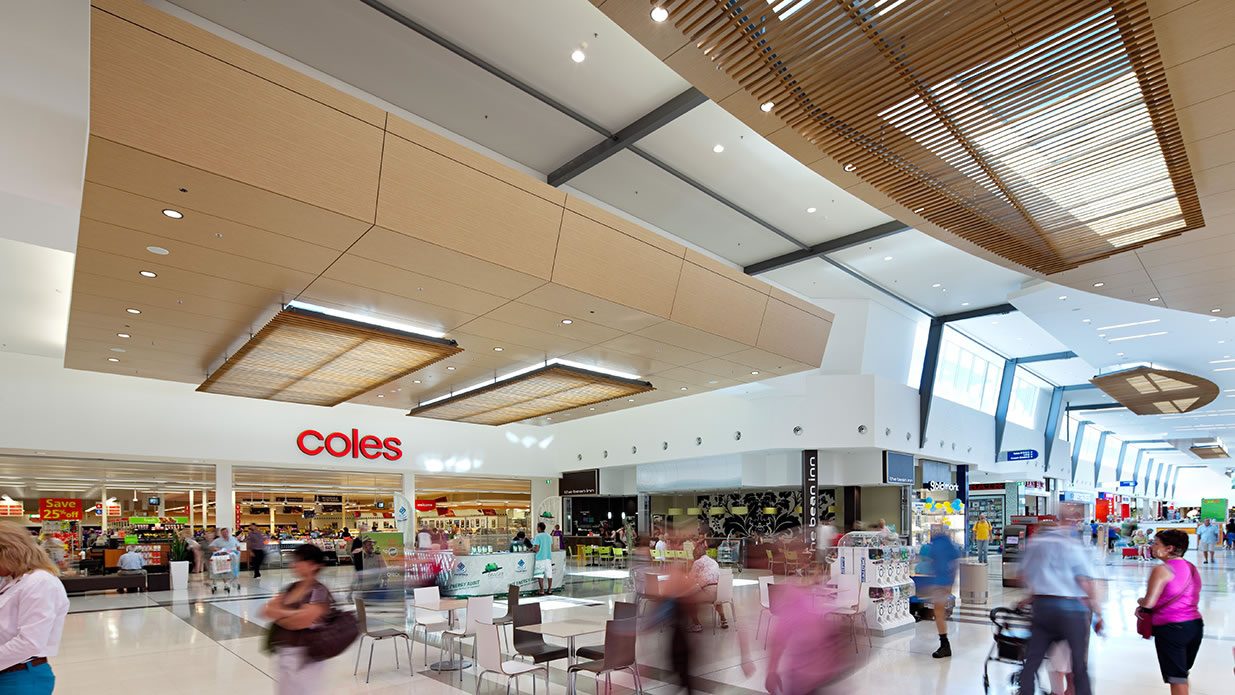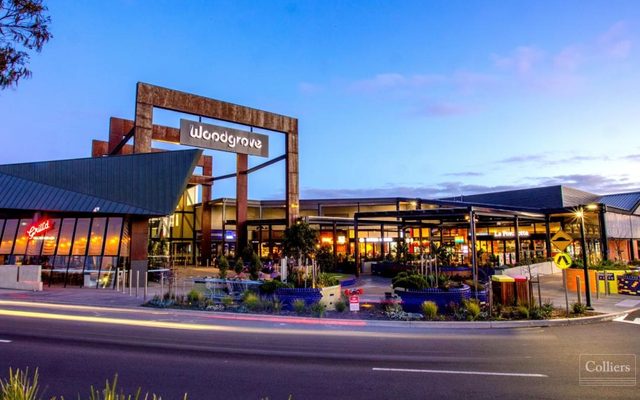This article is from the Australian Property Journal archive
WESFARMERS is looking to complete its Coles spin-off by November, changing the shape of the group further after it jettisoned the heavy loss-making excursion of Bunnings into the UK and Ireland.
The group would maintain a 15% stake in the demerged Coles food, liquor and convenience group and half-ownership of the Flybuys program, should shareholders approve the proposal at its annual general meeting in November.
The demerger was flagged in March, after slowing supermarket sales and the failed BUKI foray contributed to an 86% drop in interim profit to $212 million.
Coles’ earnings fell by 14.1% to $790 million in the first half, attributed to annualisation of investments made in the customer offer in the 2017 financial year, and lower property earnings due to a one-off gain in the prior year, financial services earnings after the sale of its credit card receivables, and fuel earnings.
The supermarket has been locked in an ongoing price war with Woolworths and ALDI. SV Partners expects that to continue through the year as discount supermarket operator Kaufland edges closer to opening down under, placing greater pressure on independent grocers. Costco is also continuing its expansion across the country.
Food and grocery delivery group Aussie Farmers Direct went into administration earlier this year, blaming the competition between Coles and Woolworths.
Wesfarmers launched the country’s largest dark store in Sydney last quarter, and is looking to roll out a click and collect offerings across the supermarket and Coles Express convenience store network. It was targeting a lift in availability from 280 stores to 800 across the second half of the 2018 financial year.
The demerged Coles will have net debt of approximately $2billion and operating lease commitments of $9.6 billion. It is targeting a dividend payout ratio between 80% and 90% of net earnings, and a Baa1 and/or BBB+ credit rating.
Eligible shareholders will receive one Coles share for every Wesfarmers share they own, and maintain existing holdings.
“Combined with a favourable lease commitment profile, this will provide good access to capital and balance sheet capacity to support strategic flexibility, dividends and investment plans,” Scott said.
“Post-demerger, Wesfarmers will have a portfolio of cash generative businesses, with strong returns on capital, good momentum and leading positions in their respective markets.”
Scott said maintaining a strategic stake in Coles provided an important connection with Wesfarmers to reinforce opportunities to collaborate in the data, digital and loyalty areas.
“Flybuys will be better able to realise its potential as a leading data and loyalty company through the ongoing support and investment of both Coles and Wesfarmers and by leveraging the broader networks of the Wesfarmers Group, including the existing partnerships with Kmart and Target.”
S&P Global Ratings said its ratings on Wesfarmers (A-/Stable/A-2) were not immediately affected by yesterday’s announcement.
“We believe Wesfarmers remains committed to retaining the current ‘A-‘ long-term credit rating. This includes adhering to more conservative credit metrics to offset the loss of the high-quality supermarket earnings and reduced business diversity currently derived from Coles,” it said.
“Our strong assessment of Wesfarmers’ management and governance reflects our view that the group has an established track record of risk management, strategic positioning, and organizational effectiveness across its diverse business lines.”
James Graham, a Wesfarmers director of more than 20 years, will step away from his non-executive position chair the new Coles board if the demerger goes ahead.
When pressed by media yesterday, refuted the notion of a conflict of interest given Graham is chairman of corporate advisors Gresham, which is 50% owned by Wesfarmers and is one of a number of advisors on the demerger.
“It’s ultimately up to the Coles directors to determine if directors are independent, but we don’t see that a minority shareholding in Coles, that doesn’t provide any degree of control, should create an independent issue,” he said.
Graham has formerly been chairman of Rabobank Australia and the Darling Harbour Authority.
David Cheesewright, who spent 19 years at US monolith Walmart, will be the Wesfarmers nominee on the Coles board.
Jacqueline Chow and Richard Freudenstein have also been nominated as non-executive directors to the Coles board.
Wesfarmers took a $1.329 billion hit from a write-down of BUKI of more than $1 billion, and of more than $300 million for Target in February. It offloaded the BUKI business to restructuring firm Hilco Capital for a nominal sum of £1. It had paid $705 million to launch into the region two years ago, and has offloaded all of its Homebase brand assets, including the store network of 240 Homebase stores and 24 pilot Bunnings outlets, including freehold properties and property leases, with liabilities at around $1.8 billion.
A loss on disposal of £200 million to £230 million is expected in its 2018 full-year results.
Wesfarmers had also considered spinning off Officeworks early last year. It had acquired Coles, Officeworks, Kmart and Target for $22 billion in 2007.
Australian Property Journal




